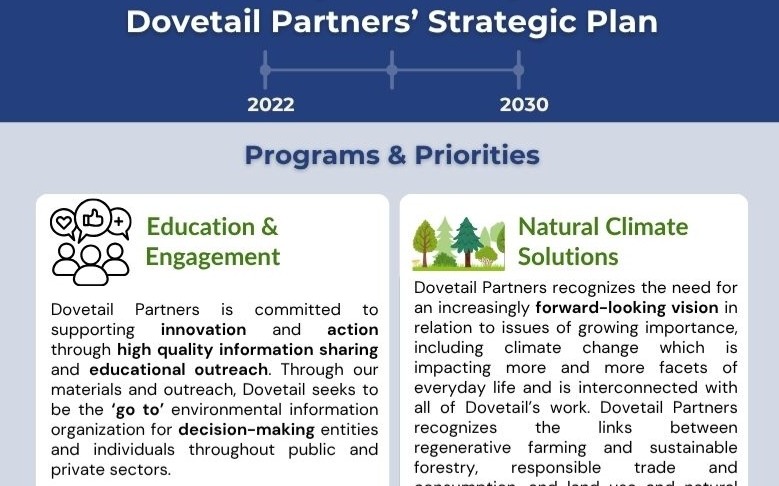To many people, the terms “deforestation” and “logging” are one in the same. According to conventional wisdom, logging in tropical forests is tantamount to total and irreversible devastation.
Logging activity does result in significant tropical deforestation and because of this a number of initiatives are underway to reduce the environmental impact of periodic timber harvesting. New standards of practice, as described by the term Reduced Impact Logging (RIL), result in minimal forest disturbance in both the short and long term and serve as a basis for sustainable management of tropical forests. Because application of RIL allows generation of significant income from forests while leaving forests largely intact, RIL (both alone and as part of more comprehensive forest certification programs) effectively provides an alternative to conversion of forests to agriculture.
Sometimes clearing of forest land to create agricultural fields is confused as logging. Throughout history including today, the conversion of forestland to agriculture is the dominant driver behind deforestation. In fact, estimates generally attribute 65 to 80+ percent of forest loss in tropical areas to agricultural conversion. So, while removal of trees is an initial step in the conversion process it is useful to recognize this activity as “clearing”, a farming activity, rather than “logging,” a forestry practice. Logging accounts for some 6 to 15 percent of tropical forest loss.
- Lead AuthorBowyer
- DateAugust 2005
- CategoryEnvironmental, Forestry, Forests, Management
- Project FileDownload

.png)

.png)
.png)

